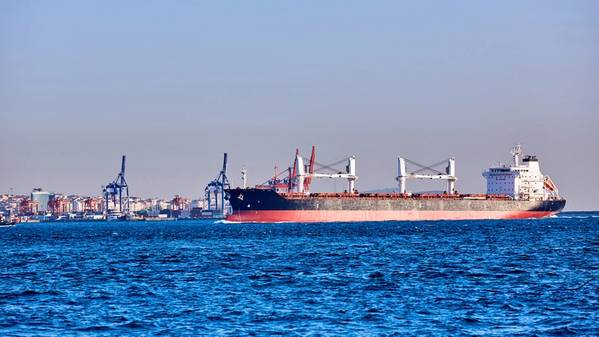The Baltic Exchange's main sea freight index, tracking rates for ships carrying dry bulk commodities, on Wednesday continued its winning streak as demand for capesize vessels strengthened.
Rising for the thirteenth straight session, the overall index, which factors in rates for capesize, panamax, supramax and handysize shipping vessels, was up 38 points, or 3.25 percent, at 1,207 points, touching its highest since April 20.
The capesize index surged 169 points, or 7.84 percent, to 2,324 points, hitting a more than four-month high.
"In the dry bulk market, capesize earnings are bumping higher yet again on the back of continuing strength in the Atlantic physical market," Clarksons Platou Securities analysts said in a note.
Average daily earnings for capesizes, which typically transport 150,000-tonne cargoes such as iron ore and coal, climbed $1,117 to $18,187.
The panamax index was up 21 points, or 1.63 percent, at 1,310 points.
Average daily earnings for panamaxes, which usually carry coal or grain cargoes of about 60,000 to 70,000 tonnes, increased $164 to $10,494.
Among smaller vessels, the supramax index rose 11 points to 776 points, while the handysize index was flat at 464 points.
(Reporting by Karen Rodrigues in Bengaluru)



